Designing the Future of Justice: ArbTech at King’s College London Hackathon
On 23-24 April 2025, ArbTech participated in a groundbreaking event at King’s College London, co-hosted by the King’s Institute for Artificial Intelligence and Kleros, the pioneering blockchain dispute resolution application. The two-day event explored how cutting-edge technologies like AI, blockchain, and mechanism design are transforming the future of dispute resolution—and we were thrilled to be a part of it.
The event brought together academics, legal technologists, blockchain developers, and founders to explore practical applications of decentralized justice. Through talks, panels, and hands-on collaboration, participants dug into emerging frameworks for peer prediction, blockchain-based identity, and AI-driven judicial tools.
The hackathon took place on 23 April 2025 and challenged teams to design innovative business ideas at the intersection of law, AI, and blockchain. Using the Lean Canvas framework, teams worked on rapid ideation, customer discovery, interface prototyping, and even meme creation—all to pitch the next wave of decentralized legaltech solutions.
Picture with the leaders of the Hackathon. From the left: William George, Federico Ast, Robert Dean, Sophie Nappert.
Inspired by the Kleros model—where jurors are economically incentivized to vote honestly via cryptographic tokens—participants explored new ways to reimagine fairness, speed, and transparency in digital dispute resolution. The hackathon highlighted how traditional legal bottlenecks (high costs, long timelines, and opacity) can be tackled through smart contracts and collaborative design.
Key takeaways from the day:
Mechanism design isn’t just theoretical—it’s a powerful tool for justice when paired with real-world use cases.
Users will stay loyal to platforms that resolve disputes quickly and fairly—even when outcomes aren’t in their favor.
Open, programmable courts built on blockchain could offer credible alternatives to small claims processes and online consumer disputes.
AI isn’t replacing lawyers—but it’s helping build new layers of justice infrastructure.
The event showcased what’s possible when communities like ArbTech, Kleros, and academic partners come together to rethink justice from the ground up.
Want to learn more about how we’re contributing to the future of decentralized dispute resolution? Stay tuned and reach out—we’re just getting started.

